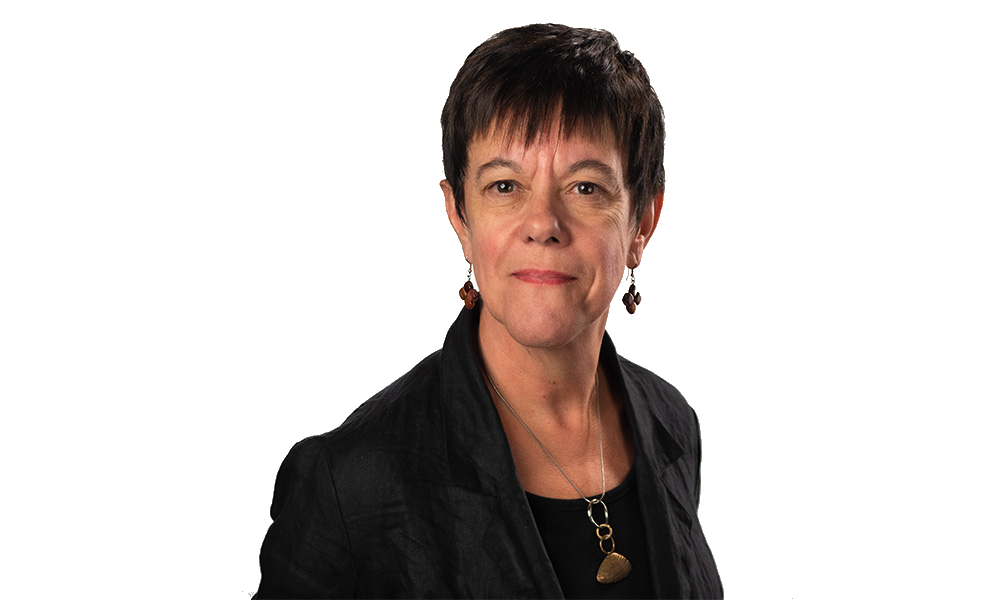Contesting Knowledge, Decolonising Care: Afrocentric Dialogues and the Future of Gerontological Social Work

Oluwagbemiga Oyinlola
Doctoral Candidate, McGill University, QB
Abstract: Dementia is increasingly recognized as a pressing social and health concern across Africa, yet scholarship and practice remain dominated by Western biomedical paradigms that marginalize African epistemologies, caregiving ethics, and lived realities. Drawing on my doctoral research on dementia caregiving in Yoruba families of Nigeria, this presentation will focus on the methodological, epistemological, and social justice implications of integrating Afrocentric approaches into gerontological social work and dementia care.
I foreground Afrocentric family dialogues as relational methodologies grounded in collective epistemologies, intergenerational reciprocity, and kinship-based ethics to explore how caregiving knowledge is produced, shared, and enacted. Practices such as sustained engagement with community elders, dialogic consent rooted in collective decision-making, and the integration of proverbs, idioms, and poetry in knowledge production are framed as acts of epistemic resistance that challenge colonial hierarchies and open pathways to decolonizing dementia care.
However, integrating Afrocentric frameworks demands critical reflection on social justice risks. Privileging cultural epistemologies may risk cultural essentialism, obscuring differences shaped by class, gender, migration, and caste. Community-oriented ethics can blur individual autonomy, creating tensions when collective priorities conflict with personal rights. Furthermore, centering Afrocentric practices within global dementia discourse risks instrumentalization, where local knowledge is appropriated without redistributing power or resources.
Despite these challenges, Afrocentric approaches offer profound benefits: reclaiming silenced epistemologies, fostering culturally congruent care, resisting deficit narratives, and challenging structural inequities in knowledge production. It argues for ethically responsive, that amplifies local voices and interrogate power relations shaping who gets to define “good care,” “valid knowledge,” and “appropriate aging” in African and diasporic contexts.
Living as a Woman Aged 75 years and Older Independently in a Francophone Rural Region Becoming a Worry for Others

Dr. Elda Savoie
PhD, Professeure agrégée/ Associate Professor, École de travail social Université de Moncton, NB
Abstract: The presentation will discuss the findings of a qualitative research about the everyday lives of sixteen women aged between 75 and 93 who live in Francophone, rural communities in New Brunswick. The study addressed the question: How do Acadian, Francophone women, aged 75 years and older, who live in a rural, Francophone region of New Brunswick speak about their experiences of their everyday lives?
The dissertation demonstrates that even though the participants live in a rural area, and, moreover, in a house in need of repairs, they do not see themselves as frail and destitute older women.
One of the objectives of the study was to deconstruct the negative discourse about older people that too often describes the aging population as a burden. Another goal was to give voice of older women who remain in place because to often the surroundings are asking the same question over and over such as: You are still in your home at your age? It must be hard to live by yourself.